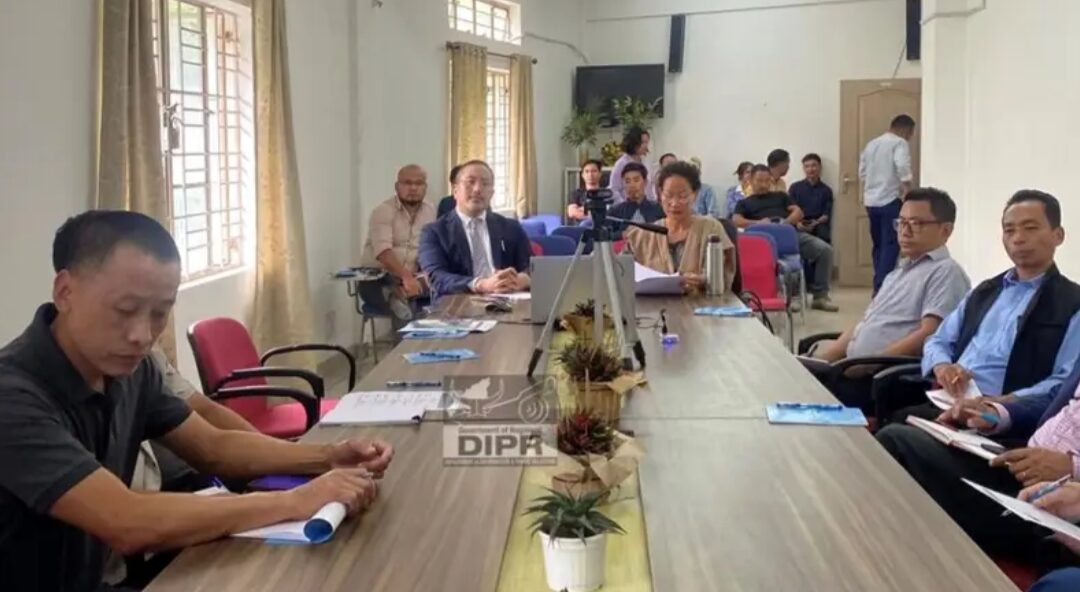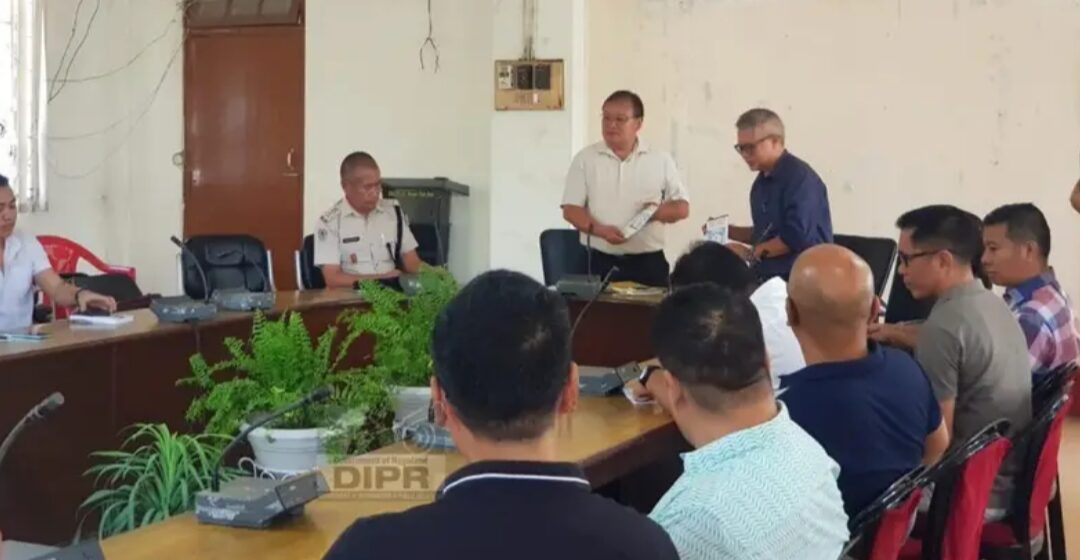The Press Information Bureau (PIB) in Kohima recently organised a one-day media workshop titled ‘VARTALAP’ to discuss three groundbreaking criminal laws set to be implemented on July 1, 2024. These new laws, namely the Bharatiya Nyaya Sanhita (BNS) 2023, the Bharatiya Nagarik Suraksha Sanhita (BNSS) 2023, and the Bharatiya Sakshya Adhiniyam (BSA) 2023, are poised to replace the Indian Penal Code (1860), Code of Criminal Procedure (1973), and the Indian Evidence Act (1872), respectively.
Transition to a Digital Judicial System
According to a press release from PIB Kohima, the introduction of these new laws will mark a significant shift towards digitising the entire judicial process, from the filing of First Information Reports (FIRs) to the delivery of court judgments.
This transformative move aims to position India as a frontrunner in leveraging modern technology within its criminal justice system. The new framework is strategically designed to tackle the long-standing issue of ‘tareekh-pe-tareekh’ (date after date), ensuring that justice is delivered within a three-year timeframe.
Also Read: Nagaland revamps Post Matric Scholarship to one-time payment from 2024-25
Insights from Legal Experts
Oken Jeet Sandham, the esteemed Editor of NEPS News, graced the workshop with his presence and shared valuable insights. He emphasised that the core objective of any law is to deliver justice effectively. Sandham highlighted the unique challenges faced in Nagaland, where the interpretation of criminal laws is often complicated by Article 371A of the Constitution, which grants special provisions to the state.
He also shed light on the pervasive issue of corruption, which frequently hinders the judicial system, denying thousands of individuals access to justice and the protection of their fundamental rights. Sandham noted that while the new laws have removed the provision for sedition, they have introduced treason as an offence. He expressed optimism for future amendments to the new laws, hoping they will align more closely with the democratic principles enshrined in the Indian Constitution.
Also Read: Defying odds: Naga MMA fighter Sorikhiung Yimchunger’s golden journey
Government’s Commitment to Safety and Security
Uniel Kichu, IPS, Deputy Inspector General (DIG) Range, Kohima, served as a resource person at the workshop, providing valuable insights into the new laws. He explained that the three new laws were enacted in December 2023, following extensive research by Law Commissions, court judgments, and various committees.
Kichu emphasised the government’s unwavering commitment to the safety of women and children, as reflected in the Bharatiya Nyaya Sanhita, which imposes stricter penalties for crimes against these vulnerable groups. The law also addresses contemporary challenges such as organised crime and terrorism, while mandating community service as a form of punishment.
Discussing the Bharatiya Nagarik Suraksha Sanhita, Kichu described it as a pro-citizen procedure focused on ensuring the safety and security of the populace. He introduced the concept of the e-FIR, a groundbreaking initiative that allows citizens to file FIRs online at any police station across the country, making the process more accessible and convenient.
Embracing Digital Evidence
Kichu further elaborated on the Bharatiya Sakshya Adhiniyam, which incorporates the use of electronic and digital evidence, records, and statements. This innovation is expected to enhance the authenticity and efficiency of police investigations, streamlining the process and ensuring more accurate outcomes.
Also Read: Jobless youth in Nagaland turn to scam call centres, Government intervention needed
Kichu termed these changes as revolutionary, urging society to embrace positive change, adapt, and improve to meet the challenges of the modern era and deliver justice to victims.
The workshop concluded with a resounding call for readiness to adapt to these significant changes, ensuring that the new laws effectively serve the principles of justice and democracy.




